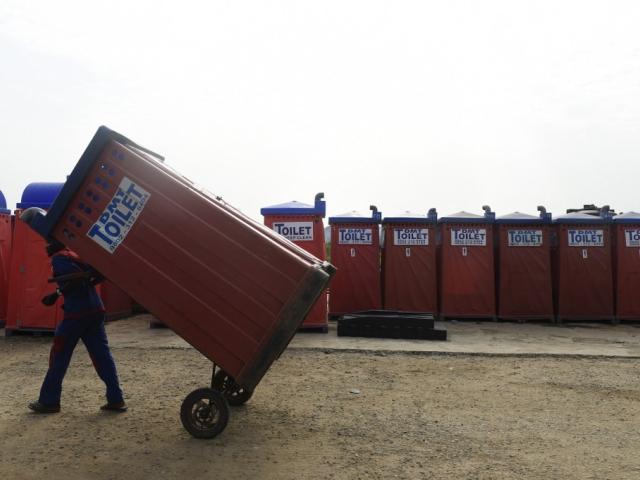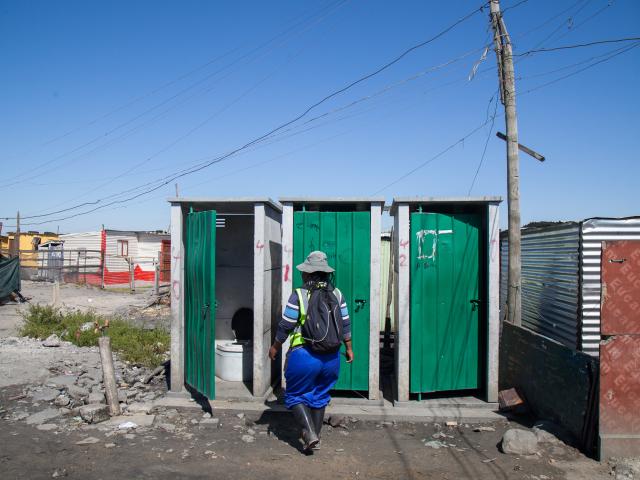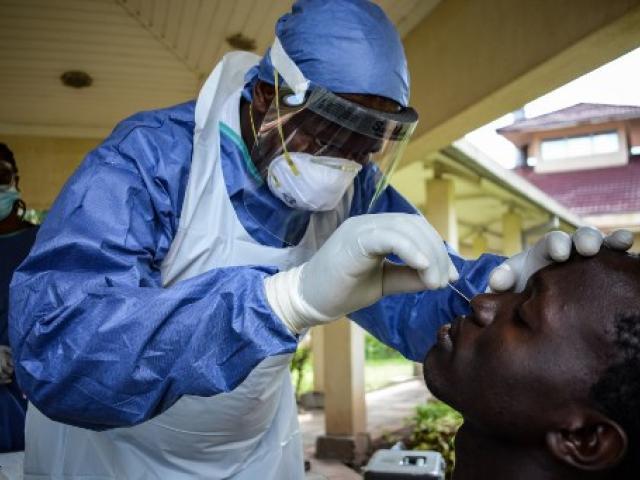Reporting on a public hearing into a law that seeks to stop open defecation in Nigeria, a national newspaper said that according to the bill’s critics, an estimated 46 million people in the country do not have access to toilets.
According to the Daily Trust’s December 2021 story, senate committee on water resources chair Bello Mandiya also claimed that Nigeria “is among the highest if not the highest countries practising open defecation”.
We looked at the two claims.
While no access to toilets often leads to open defecation, grossly unclean and unhygienic toilets may also make people opt to relieve themselves in the open, according to Tanimola Akande. He is a professor of public health at the University of Ilorin in western Nigeria.
But open defecation is the “most reliable indicator” to measure a lack of access to toilets, Akande told Africa Check (Note: The Nigeria demographic health survey groups “no facility/bush/field” as a single indicator.)
In a July 2021 fact-check, we found that 47 million Nigerians still defecate in the open as they do not have access to a toilet.
This number was from an annual survey by Nigeria’s national statistics agency and the UN children’s fund, Unicef. The most recent was published in November 2020, and covered 24,600 households across the country.
Why does open defecation still happen?
The World Health Organization (WHO) describes open defecation as when human faeces are disposed of in fields, forests, bushes, open bodies of water, beaches and other open spaces.
People using unimproved sanitation facilities like pit latrines without slabs, open pit, or hanging latrines are not counted as practising open defecation.
It still occurs widely in Nigeria in both urban and rural areas because many houses don’t have toilets, Akande told Africa Check.
“Poor water supply to clean toilets also makes some people practise open defecation.”
In addition, open defecation has become a habit passed down generations, Abubakar Aliyu, a professor of public health and community medicine at Ahmadu Bello University, told Africa Check.
“Sadly, some parents pass on this habit to their children, and the cycle continues,” he said.
In our previous fact-check on open defecation in Nigeria, we found that in terms of absolute numbers, India leads the world for the practice.
A 2021 report compiled by the WHO and Unicef estimates that 205 million of India’s 1.38 billion population defecated in the open.
Nigeria is second, with 38.4 million of the country’s population affected in 2020. So there is little doubt that it is a public health burden of major concern in Nigeria.
But when the share of a country’s population is considered, countries such as Niger (68.1%), South Sudan (60.1%), Namibia (47.2%) and Madagascar (42.4%) rank higher.
Nigeria’s share is 18.7% of its population while India’s is 14.9%.





Add new comment